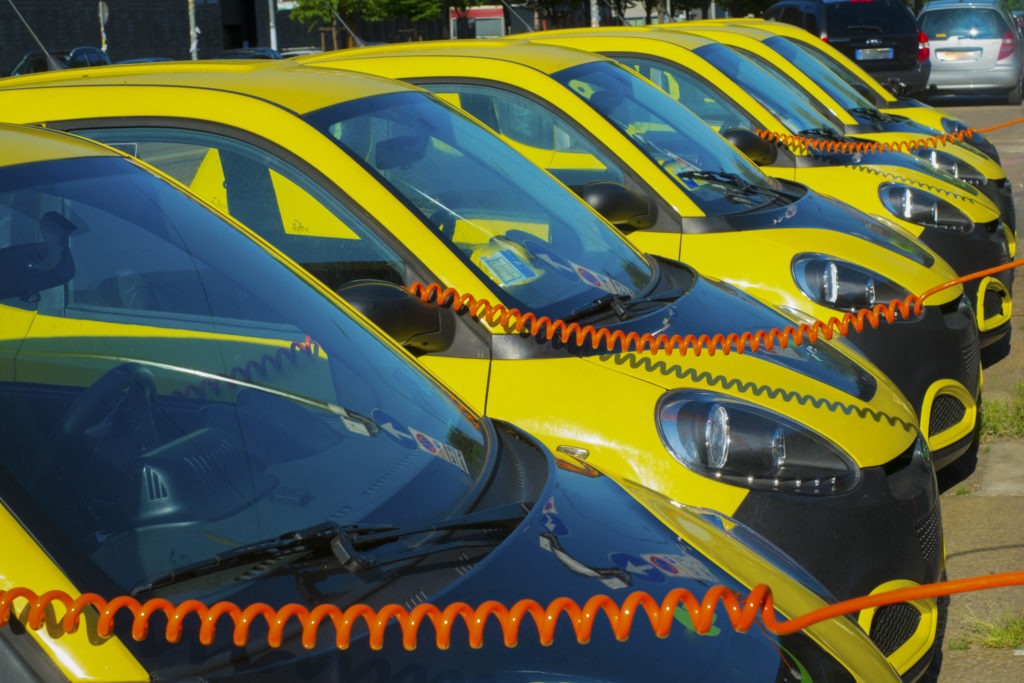Electromobility could cost Italy more than 70,000 jobs, unions warn
08 February 2022

Electrically-chargeable vehicles (EVs) are an integral part of how the future of mobility will look. They bring a shift that will create plenty of new work opportunities and investments, but the transition to electromobility could also cost the automotive industry thousands of jobs. Therefore, a group of Italian unions and a lobby group asked the local government to start debating on measures to support the sector. Concerned about the switch from fossil-fuel powered cars to EVs, the group said 73,000 jobs are at risk in the country as the industry switches up a gear.
Several metal workers’ unions – including FIM, FIOM and UILM – and employers’ group Federmeccanica have put out a joint statement asking the government to take action. ‘This plan, if not accompanied by [government] intervention, could lead to a loss of approximately 73,000 jobs in Italy, with 63,000 in the 2025-2030 period,’ they warned.
Last year, the European Association of Automotive Suppliers (CLEPA) warned that around 275,000 jobs are at risk in the EU as the car industry moves away from internal-combustion engines (ICE) to electric technology. While EV powertrain technology is expected to create some 226,000 new jobs, half a million auto-supplier jobs in ICE-component manufacturing are forecast to become obsolete should the technology be phased out by 2035.
Italy intends to ban sales of new passenger cars fitted with combustion engines from 2035 to line up with the plans proposed by the EU Commission. The same will apply to fossil-fuel-powered light-commercial vehicles from 2040, according to a decision made by the Italian government’s Committee for the Ecological Transition (CITE).
Deindustrialisation
However, the group of unions warned of the looming threat of deindustrialisation in the automotive sector, one of Italy’s major industries that accounts for around 6% of the country’s gross domestic product with its €93 billion in overall turnover. In the country, the car industry employs 278,000 workers directly and indirectly, but has suffered tremendously in recent years. Vehicle production fell from over 1.8 million units in 1997 to 700,000 last year.
‘We need to go back to producing some 1.5 million units a year,’ said FIOM’s head Francesca Re David. The latest new-car registration figures also show a considerable decline in January, with the president of industry association ANFIA, Paolo Scudieri, urgently calling for an industrial-policy plan to support the transition of the automotive supply chain.
Italy’s automotive sector is considered to be more exposed to the shift to e-mobility due to the small average size of companies. Analysts also say the country needs substantial investments to comply with the EU’s Fit-For-55 plan of phasing out ICE by 2035.
It is not the first time unions have called on the government for help. Late last year, Italy‘s main metal workers‘ union demanded the establishment of a government fund to protect workers, as well as small- and medium-sized businesses as the sector transitions to electromobility, growing digitalisation, and hydrogen technologies.
Italy’s Industry Minister Giancarlo Giorgetti recently said he plans to present proposals for incentives to back the country’s automotive industry. Meanwhile, unions are also urging the government to ink a final agreement with Stellantis to build a battery plant in Termoli, Italy.
‘The car sector is going through a very difficult and crucial phase for the future. Italy must compete on an equal footing with other industrial powers, otherwise the economic and employment repercussions will be very high,’ the UILM union said.



